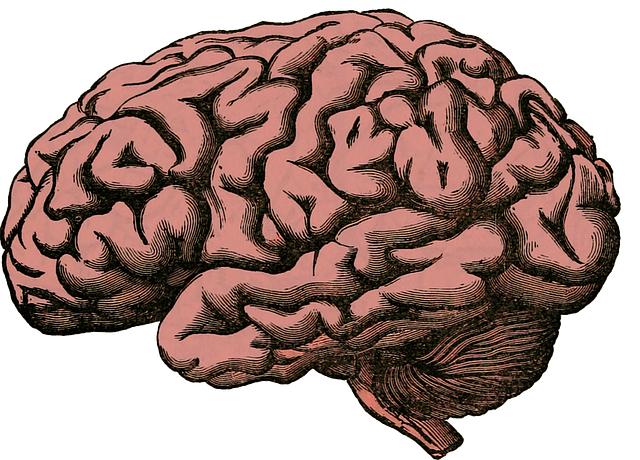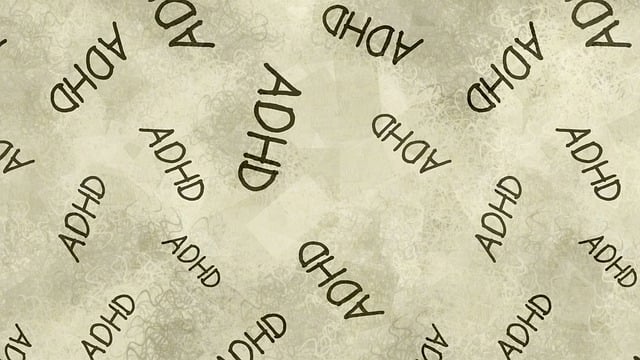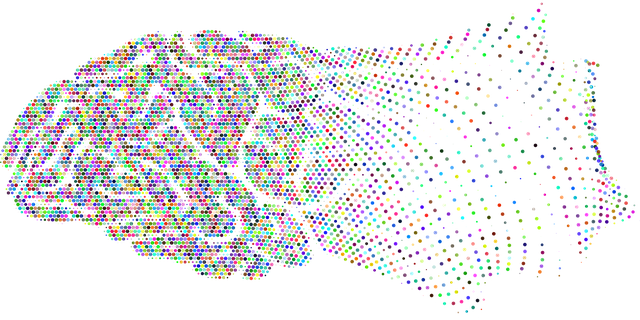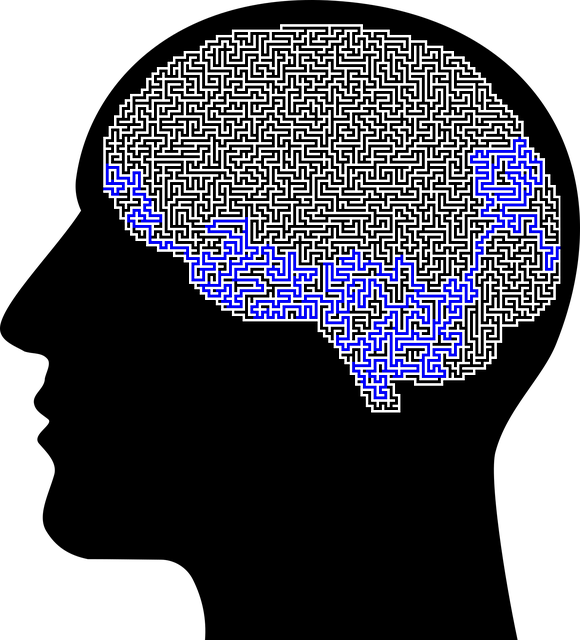Centennial Sexual Addiction Therapy (CSAT) is a specialized program addressing the often-overlooked link between social skills and mental health, particularly in addiction and trauma recovery. By integrating social skills training, CSAT breaks isolation cycles and promotes well-being. This approach teaches coping skills for healthy interactions, relationship building, and conflict resolution, backed by research in Mental Health Policy Analysis and Advocacy. Through structured interventions and personalized guidance, CSAT enhances self-esteem, emotional regulation, communication, and resilience, enabling individuals to thrive socially and improve their quality of life, while also reducing the risk of depression and burnout for healthcare providers.
Social skills training is a powerful tool for individuals with mental health conditions, offering a path to enhanced well-being. This article explores the intricate link between social skills development and mental health, highlighting its potential as a therapeutic intervention. We delve into the specific role of Centennial Sexual Addiction Therapy (CSAT), a unique approach designed to improve social competence. By focusing on key areas like communication, emotional regulation, and relationship building, CSAT equips individuals with life-changing tools for better mental health outcomes.
- Understanding the Connection Between Social Skills and Mental Health
- The Role of Centennial Sexual Addiction Therapy in Improving Social Competence
- Key Areas to Focus On During Social Skills Training
- Strategies for Maintaining Progress and Generalizing Skills Learned
Understanding the Connection Between Social Skills and Mental Health

The connection between social skills and mental health is a crucial aspect often overlooked in traditional therapy settings. At Centennial Sexual Addiction Therapy, we recognize that effective recovery goes beyond addressing specific behaviors; it involves nurturing essential social competencies. Mental health conditions, especially those related to addiction or trauma, can significantly impact an individual’s ability to interact and connect with others. This social detachment can exacerbate existing symptoms, leading to a cyclical pattern of isolation and poor mental well-being.
Understanding this dynamic is vital for developing comprehensive treatment plans. By integrating social skills training into therapy, we aim to break these cycles. The process involves teaching individuals coping skills that facilitate meaningful interactions, enhance communication, and build healthy relationships. This approach not only complements direct therapy but also fosters a sense of belonging and support, which are critical factors in adhering to long-term recovery goals, as supported by research in Mental Health Policy Analysis and Advocacy. Public Awareness Campaigns Development can further strengthen these initiatives by promoting the importance of social integration for overall mental health.
The Role of Centennial Sexual Addiction Therapy in Improving Social Competence

Centennial Sexual Addiction Therapy (CSAT) plays a pivotal role in enhancing social competence among individuals struggling with mental health conditions, particularly sexual addiction. This form of therapy is designed to help clients navigate complex interpersonal dynamics and rebuild healthy relationships. By addressing underlying issues contributing to problematic behaviors, CSAT facilitates self-esteem improvement, fostering an environment where individuals can learn effective conflict resolution techniques and build resilience.
Through structured interventions and personalized support, CSAT empowers clients to develop essential social skills, such as empathy, communication, and assertiveness. These tools enable them to engage in meaningful interactions, resolve conflicts constructively, and form lasting connections with others. As a result, individuals emerging from CSAT therapy are better equipped to thrive in various social settings, enhancing their overall well-being and quality of life.
Key Areas to Focus On During Social Skills Training

During Social Skills Training for mental health conditions, several key areas require focused attention to foster significant improvement in individuals’ social interactions. One of the primary areas is Emotional Regulation, teaching participants to identify and manage their emotions effectively in social settings. This involves strategies for recognizing triggers, responding calmly, and communicating feelings openly without overwhelming others. At Centennial Sexual Addiction Therapy, we understand that emotional regulation is crucial for building healthy relationships and maintaining personal boundaries.
Another critical aspect is mastering Communication Strategies. Training should equip individuals with the skills to express their thoughts and needs clearly and respectfully. This includes active listening, non-verbal communication awareness, and conflict resolution techniques. By focusing on these areas, participants can navigate social interactions more confidently, improve their support networks, and contribute positively to their communities, as advocated by Mental Health Policy Analysis and Advocacy.
Strategies for Maintaining Progress and Generalizing Skills Learned

Maintaining progress after social skills training is paramount to ensure that newly acquired abilities translate into everyday life. Individuals should be encouraged to practice new communication strategies in various settings, starting with familiar environments and gradually progressing to more challenging ones. This process, known as hierarchical exposure, allows for a step-by-step approach, building confidence and reducing anxiety associated with social interactions. Regular therapy sessions can serve as a safe space to debrief after these experiences, reinforcing positive changes.
Generalizing skills learned is another key aspect. Role-playing exercises, for instance, can help individuals simulate real-life scenarios, fostering adaptability and versatility in their communication strategies. By integrating these techniques into their daily routines, participants of Centennial Sexual Addiction Therapy can enhance their overall social functioning, which may also positively impact depression prevention and burnout prevention strategies for healthcare providers. Effective generalization ensures that the benefits of training are sustained over time.
Social skills training, particularly tailored through approaches like Centennial Sexual Addiction Therapy, plays a pivotal role in enhancing mental well-being. By focusing on key areas such as communication, empathy, and social interaction, individuals with mental health conditions can improve their social competence and navigate relationships more effectively. Maintaining progress involves consistent practice and generalizing learned skills to various settings. This holistic approach not only supports better mental health but also fosters a more inclusive and supportive society.














